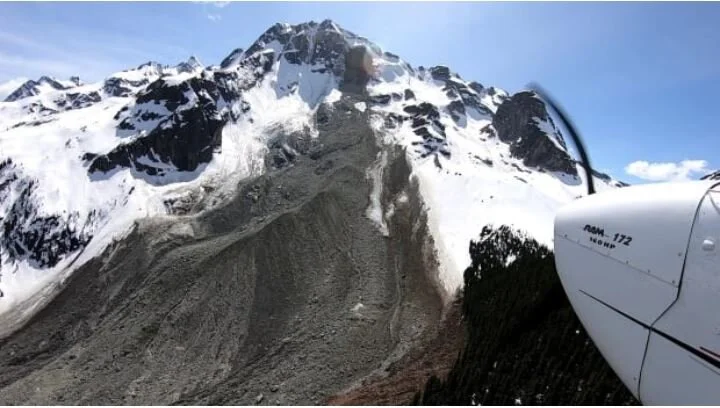Hydrogen uses water as a feedstock, so production requires a dependable supply. Water, obviously, is vital for life, from drinking, to crops, to creating and sustaining ecosystems. Given how important it is to the one million-plus people who live in the capital region, we can’t allow industrial use to trump municipal use, or the critical agricultural sector that feeds our communities.
First Nations Finance Authority pitches monetization to address Indigenous infrastructure gap
The First Nations Finance Authority (FNFA) is calling on the federal government to fund First Nations infrastructure projects the same way it funds municipal and provincial projects to fulfill its promise to bridge the infrastructure gap between First Nations and the rest of Canada by 2030. A news release from FNFA says this relationship would be rooted in “partnership rather than paternalism.”
2 Manitoba grand chiefs highlight long-term boil water advisories on World Water Day
Indigenous people in Manitoba are highlighting the significant role clean water plays in society today — practically and culturally — in honour of World Water Day. The United Nations declared March 22 as World Water Day since 1993. It's a day to focus on the importance of fresh water, and advocating for sustainable development and bringing clean drinking water to more people.
Alberta government wants to rewrite the water use rules along eastern slopes of Rockies
The Alberta government wants to rewrite the rules on water use along the eastern slopes of the Rockies as part of its economic recovery plan, including a push for new coal developments in the area. Water use is highly restricted in southern Alberta due to concerns about supply, and new water licences cannot be issued, they have to be purchased from existing licence holders on the open market. The new plan put forward by the Alberta government would affect water pulled from the Oldman watershed above the dam.
Earth's frozen 'water towers' threatened by warming, population growth, report says
Water frozen at the tops of mountains that helps sustain up to a quarter of the human population is under threat from climate change, population growth and lack of proper management, according to a new international study. The systems store and transport water through glaciers, snow packs, lakes and streams. They supply water to 1.9 billion people on Earth. A group of 32 international scientists — including one Canadian — published a paper in the journal Nature on Monday to highlight the importance and vulnerabilities of what they call Earth's 78 water towers.
A second chance: Canada, U.S. renegotiate a critical water treaty
The Columbia River Treaty, an international agreement governing the flow of water between British Columbia and six U.S. states, will be 55 years old this year. It has not aged well. The river springs from the Columbia Icefield in the Rocky Mountains of B.C. and winds 1,930 kilometres through the Northwestern United States – Washington, Oregon, Idaho, Montana, Nevada and Wyoming. No other river in North America spills more water into the Pacific Ocean.
Yellowknives Dene do not want to be overlooked as Giant Mine cleanup ramps up
Northerners looking to participate in the economic spin offs of the $1-billion Giant Mine remediation project can expect to wait for the water licence before the project's main manager gets specific on potential contracts. The project's deputy director, Natalie Plato, said that the main construction manager, Parsons Inc., gave the board the "most detailed schedule" it could within last six months.








